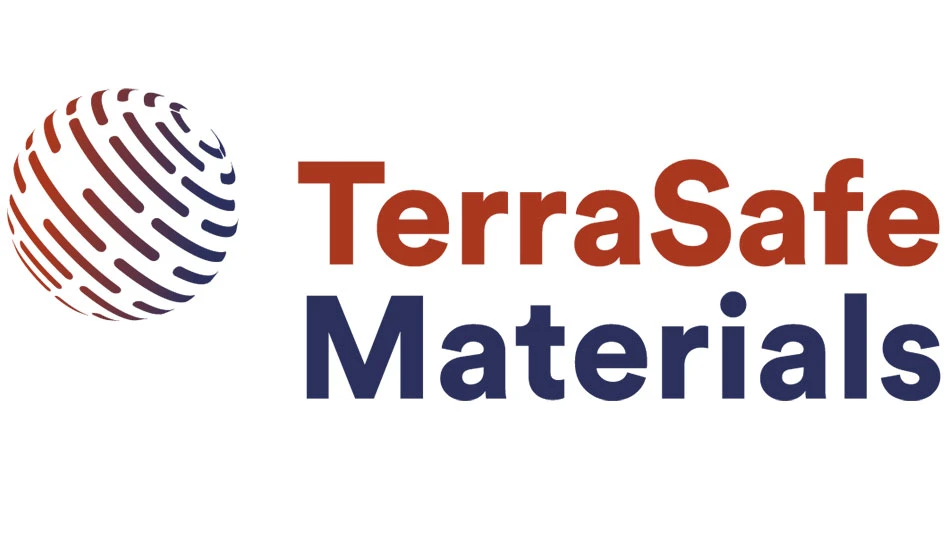
Heilbronn, Germany-based BrüggemannChemical is now offering plastic compounders and producers a newly developed modifier it says offers them the ability to “precisely adjust the relative viscosity of polyamides.” Polyamide resins include Nylon 6 and Nylon (PA) 66.
The new modifier “allows the upcycling of high-viscosity polyamide scrap to produce quality injection molding grade material and offers compounders significant cost benefits over the use of virgin polymers,” says BrüggemannChemical.
The company says the addition of the Bruggolen TP-M1417 modifier to high-viscosity polyamide scrap “gives producers a material that has the desired relative viscosity as well as mechanical properties that are on the same level as those of virgin polyamide injection molding grades.” With characteristics of high stiffness, tensile strength and impact strength, the upcycled materials “are suitable for the same applications as virgin material of corresponding viscosity,” says the firm.
Bruggolen TP-M1417 is supplied as dust-free granules that are suitable for accurate metering, according to the company. It says recycled resins to which the modifier is added are “easy to process and compatible with the polyamide matrix, which makes [them] ideal for compounding.”
Another application of the new modifier is to diversify the relative viscosity of virgin polyamide, says BrüggemannChemical. Polymer manufacturers can tailor relative viscosities during the compounding stage without having the burden of a product change-over adjustment to the continuous polymerization plant, says the firm. “This results in a significant gain in flexibility and considerably reduces the amount of off-spec material,” according to the company.
BrüggemannChemical, founded in 1868, says it specializes in developing and manufacturing high-performance additives for engineering thermoplastics, with a focus on polyamides and zinc derivatives and sulfur-based reducing agents.
Get curated news on YOUR industry.
Enter your email to receive our newsletters.
Latest from Recycling Today
- Redwood Materials launches Redwood Energy
- Cirba Solutions announces new human resources executive
- Cascades to close packaging site in Niagara Falls, New York
- The Glass Recycling Foundation awards $137K in grants
- Goodwill Industries of Ontario Great Lakes and Rotogran International announce collaboration
- Textile Recycling Expo USA launches in Charlotte, North Carolina
- SSAB trials using crumb rubber from scrap tires in steelmaking
- EGA Spectro Alloys begins aluminum billet production






